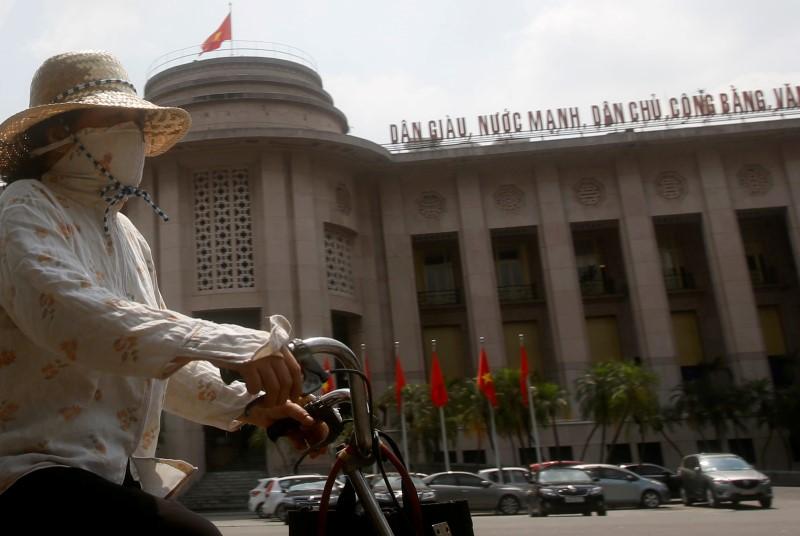HANOI, March 6 - Several banks in Vietnam have seen their bad debt ratios rise as their clients face liquidity issues due to the coronavirus epidemic, the Vietnamese government said on Friday.
In a statement, the government said 23 local credit institutes had reported combined loans worth VND926 trillion (US$39.75 billion) - or 14.27 percent of their total lending - had been “affected by the COVID-19 outbreak”.
“There is a situation where the disease has left many of the bank’ clients unable to repay their due loans, resulting in higher ratios of non-performing loans,” the government said.
It said the companies suffering most from the coronavirus are those operating in agriculture tourism, transport, garment, electronics and oil and gas industries.
The State Bank of Vietnam, the country’s central bank, has told local banks to restructure the loans for the virus-hit firms by eliminating, cutting or delaying interest payments on loans to companies.
Many local banks have agreed to cut their lending rates by 0.5-1.0 percentage points, the government said.
“Banks have abundant funds, so the main issue is how the companies can absorb the cheaper loans,” said Nguyen Quoc Hung, head of the central bank’s Credit Department, in the government’s statement.
Vietnam confirmed its first COVID-19 patient in three weeks on Friday evening, raising the total number of infections to 17.
Previously, all 16 people in the country infected with the coronavirus had recovered and released from hospital, and there had been no new cases in the country since February 13.

















































